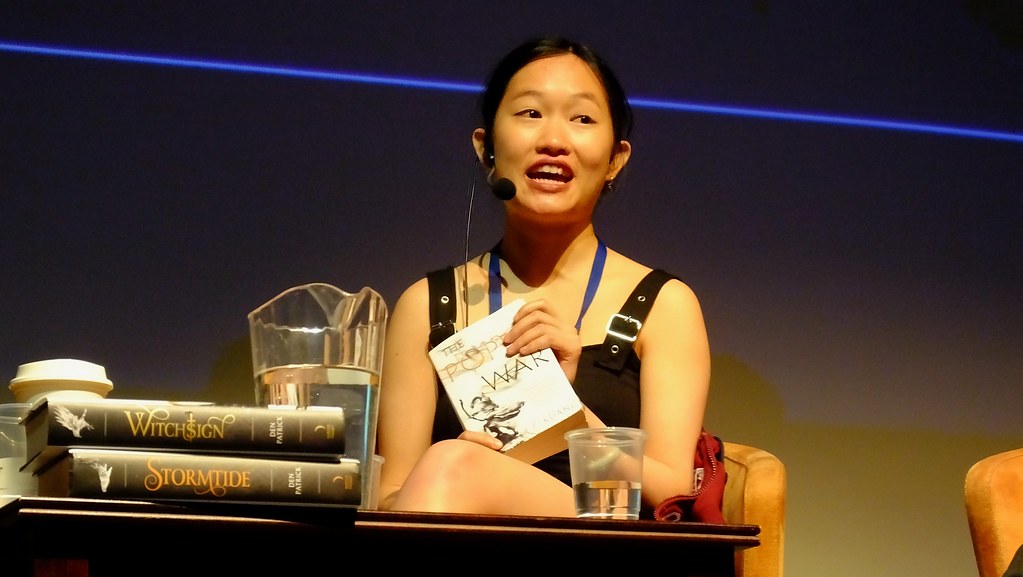Should we keep using Goodreads?
Goodreads is a social cataloguing website which contains over 3.5 billion books and is used by 125 million members worldwide. Launched in January 2007 by Otis Chandler and Elizabeth Khuri Chandler, it is the world’s largest site for readers and book recommendations, where members can leave reviews, create their own bookshelves, add friends, and get involved in the annual Goodreads Choice Awards. However, despite the fact that it has become a highly successful platform for book lovers, some may question the ethics of using the site.
The first problem I’d like to address is the toxic reviews section of Goodreads. Some would say that the reviewing and rating system of the site causes more harm than good especially when it comes to “review bombing,” a term dubbed by the New York Times. This is where people target particular authors, often ones from marginalised groups, and post negative reviews of their books before they’ve even been published. These groups of people have been nicknamed the “1-star book brigade” and Rebecca F. Kuang, author of Yellowface and Babel, from an article written for the Guardian in July 2023, poses the question “how many people leaving these reviews have actually read the book?”
Rin Chupeco, a young-adult fantasy novelist described how “my book went from 3.9 to 3 overnight,” and when they reached out to Goodreads, the company never responded. In a July 29 statement to TIME, a spokesperson for Goodreads said that the company is actively working to resolve many of these review bombing problems. Unfortunately, these problems are still present on the site and some authors avoid using it altogether. Rebecca F. Kuang believes that Goodreads is not the best place to promote a new book, and states that authors and their books end up being “badly, wilfully, and maliciously misunderstood.”
You don’t want to end up being so heavily influenced by someone’s opinion that it makes you avoid a book that you could end up really enjoying.
From my personal experience of using Goodreads, the reviews section doesn’t just pose a problem for authors – it also creates negative experiences for readers too. Before I start reading a book, I can’t help but head over to the Goodreads reviews section and get lost in a rabbit hole of people’s praises and critiques. What I have found is that this isn’t necessarily the best way to judge a book.
For example, I recently read a book by Gabriel Garcia Marquez titled One Hundred Years of Solitude, which had an average rating of 4.11 stars on Goodreads. There were many reviews praising it as a “dazzling tale,” a “treasure to savour” and a “remarkable read” which therefore convinced me that it was going to be a pretty good book. However, my own rating for this book ended up being a mere 2 stars, well below average and I ended up relating more to the few who had reviewed it as “100 years of torture,” and an “unbelievably boring” book.
The point I’m trying to make is that everyone’s opinions of a book are vastly different. Rebecca F. Kuang sums it up perfectly: “Goodreads is right to divide opinions, wrong to boil them down.” Though there is nothing wrong with stating your opinion on the site, I have left reviews on the site too, people should make sure that they don’t read into them too much. You don’t want to end up being so heavily influenced by someone’s opinion that it makes you avoid a book that you could end up really enjoying.
It’s hard to remember that Goodreads isn’t the only site where you can look up books. Being a user of this site too, I think The StoryGraph, is a pretty good alternative. Founded only four years ago in 2019, The StoryGraph, is said to give you a much more personalised experience with books than Goodreads does. Some people argue that the site has better rating options and uses thorough questionnaires to gather information on your interests and book preferences. For example, you can look at statistics relating to ‘moods’, ‘pace’, ‘genres’, your ‘most read authors’, ‘number of books and pages’, and many other options. Its non-affiliation with Amazon makes it Goodreads biggest competitor and many users praise it for its graphs and charts that Goodreads does not yet have.
So, when it comes to the question of ‘should we keep using Goodreads?’ I have a simple answer – it depends on you! If you find that you are in no way influenced by other people’s reviews, sure, keep using Goodreads. If you want a more personalised experience of books, maybe The StoryGraph is better for you. And if you feel like you need no web platform whatsoever to keep track of the books your reading, good for you. Reading is a very personal experience and should always be something you decide for yourself.

Comments (1)
This article really does prove that you should never judge a book by its cover! It is always good to take other people’s reviews with a pinch of salt and you have discussed this well! Good job 🙂